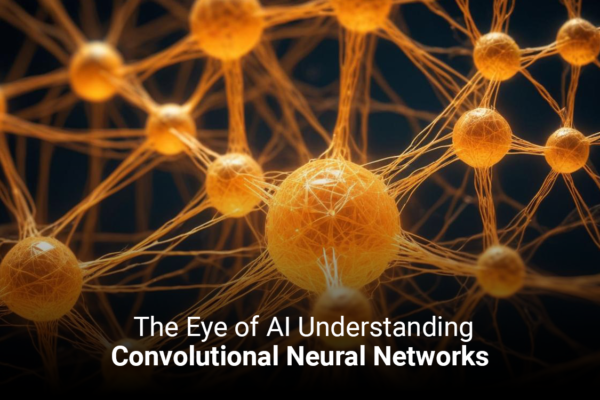Global Leaders, Tech Visionaries, and Legislators Unite to Address Ethical and Regulatory Challenges in AI at Historic Bletchley Park
Despite the growing momentum for global artificial intelligence regulation, the most important ethical and controversial concerns remain left unresolved, necessitating the need to establish ethical and practical guidelines. Coming up this November is the AI summit being held in the UK, where it will be crucial to push for substantial measures on AI ethics to the frontlines.
Tech fans have been excited about the upcoming Bletchley Park AI Safety Summit on November 1st and 2nd, 2023. An ideal location for talks that regard the question of the future of AI may be Bletchley Park – the site that is famous because it was the same place where Alan Turing cracked the Nazi Enigma code during the Second World War. Organized by tech investor Matt Clifford, the summit is designed to spark a global conversation about the responsible development and international regulation of AI.
Although the choice of Bletchley Park may be unorthodox at first glance, it conveys deep significance. The spirit that surrounded Bletchley Park represents the future potential of technology, not only for its transformational powers but also as a potential harbinger of danger—an apt metaphor reflecting today’s cautious optimism regarding AI development.
Who is on the guest list at the summit?
The significance of AI has been acknowledged by notable personalities such as U.S. Vice President Kamala Harris, among others. The involvement of legislators, AI pioneers, and academic scholars further highlights the multifaceted nature of the debate around AI. This underscores the complex social dimension of the AI dilemma, which necessitates a joint effort.
The summit aims to initiate global conversations about regulating AI, as AI transcends borders and its impact grows in various fields. It is crucial to establish a uniform system of reasonable AI engineering and use. The summit has been attended by global actors such as Kamala Harris and Demis Hassabis, as well as industry leaders, and has far-reaching implications for the future of AI. With AI increasingly being integrated into healthcare, finance, transportation, and other industries, the need to develop universal guidelines for the ethical use of AI becomes more pressing with each technological breakthrough.
Industry leaders like Demis Hassabis and his team at Google DeepMind are some industry giants that influence the future development of AI. This highlights their pledge to direct AI progress ethically, using their frontline knowledge of AI advancement and application.
In addition, the presence of numerous international legislators points to a need for flexible regulatory measures that are capable of keeping up with the fast rate of technological advancement. However, AI encompasses more than just the tech industry, requiring uniform and universal legal and ethical principles.
The AI problem is global in nature, which is evident from the diverse list of invitees who are all representatives, and the focus on international discourse. With AI changing the world as we know it, it is imperative that we work together to ensure its responsible development. This is a unique platform where critical debates about these matters can begin, with the understanding that as we innovate, we also have a shared responsibility in shaping the future. As the world gathers for this pivotal event, we eagerly anticipate how this summit will shape our AI future.























